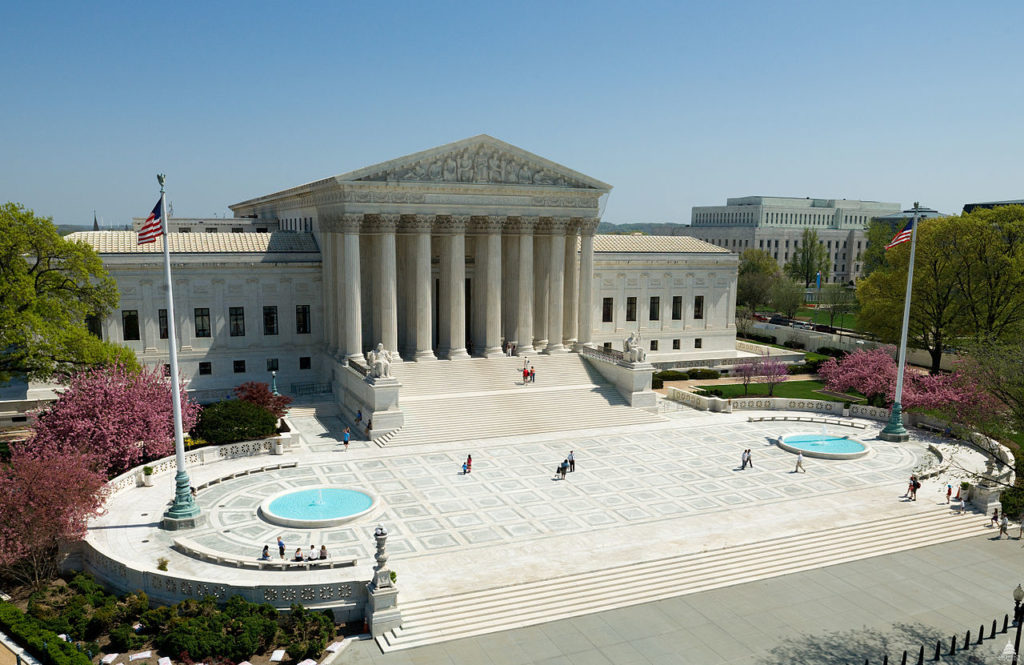
Published December 7, 2021
A new Harvard CAPS-Harris Poll survey, released exclusively to The Hill, finds that most Americans disagree with the status quo on abortion policy created by Roe v. Wade. But, of course, The Hill is headlining its coverage of the poll by highlighting that a majority of Americans (54 percent) say they oppose overturning Roe.
The very same poll found that a majority of Americans supports moving the viability threshold to 15 weeks’ gestation. When told that Roe permits abortion until viability, marked at 24 weeks, 56 percent said they support either overturning the decision or limiting abortions to the first 15 weeks of pregnancy. These outcomes are impossible unless Roe is overturned.
What are we to make of such a polling outcome? I wrote an in-depth piece about public opinion and abortion for our recent special issue of the magazine and argued that, while many Americans tend to instinctively say they support Roe, a majority supports restricting abortion in ways that are impossible under Roe, Doe v. Bolton, and Planned Parenthood v. Casey.
This becomes glaringly obvious if you study even the smallest amount of opinion polling on abortion. A Fox News poll from September, for example, found that 65 percent of Americans oppose reversing Roe v. Wade, compared with 28 percent who want the decision overturned. Absurdly, the same survey found that Americans were perfectly split on whether abortion should be legal, tied at 49 percent.
Plenty of Americans, in other words, both want abortion to be illegal and want to preserve the ruling that makes it impossible to prohibit abortion. This is possible only if some sizable number of Americans simply doesn’t understand what Roe and Casey meant for abortion policy. Polling questions about Roe, in other words, have long outlived their usefulness, if they were ever useful at all.
Judging from these odd discrepancies in survey responses, it’s fair to say that many Americans, when asked whether they want Roe overturned, seem to hear something more like, “Do you want women to be able to obtain abortions at least in some limited set of circumstances and early in pregnancy?” It is interesting, though, that this recent poll found a far slimmer majority in favor of Roe than polling usually finds — 54 percent to 46 percent who want to see Roe overturned.
Editor’s Note: This post has been amended since its initial publication.
Alexandra DeSanctis is a staff writer for National Review and a visiting fellow at the Ethics and Public Policy Center.
EPPC Fellow Alexandra DeSanctis writes on culture and family issues, with a particular focus on abortion policy and pro-life advocacy, as a member of the Life and Family Initiative.








